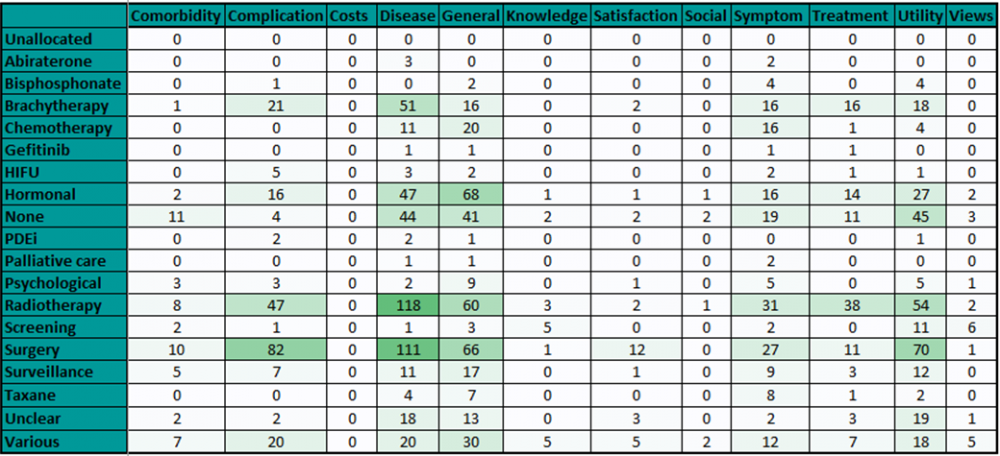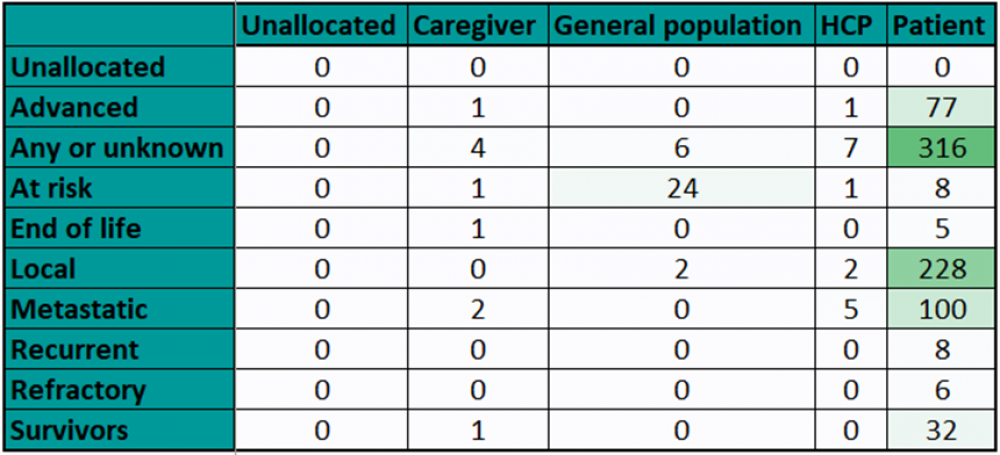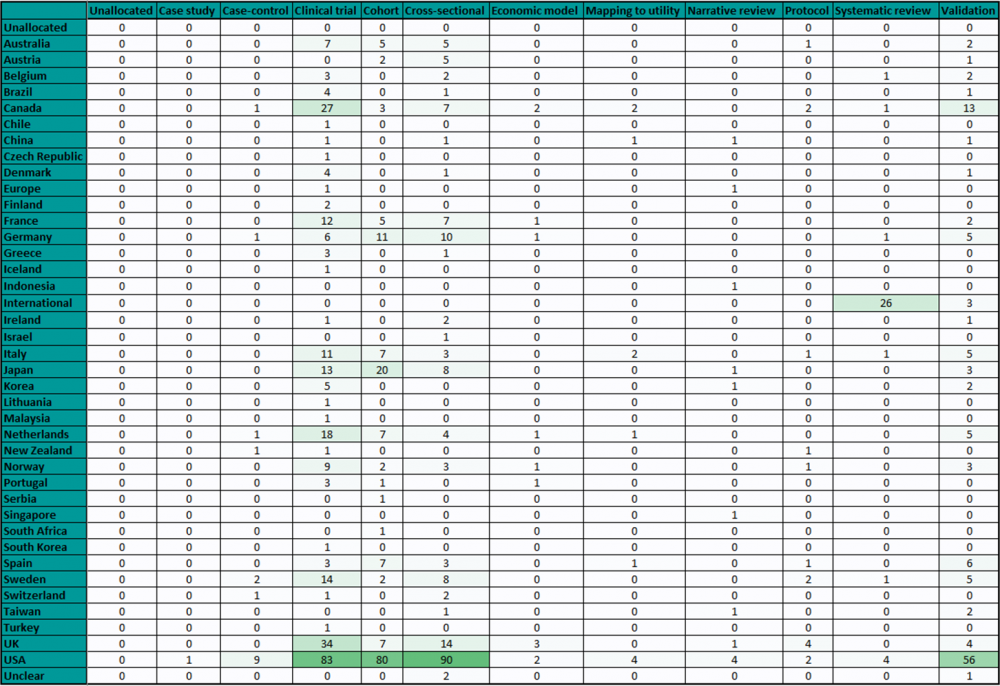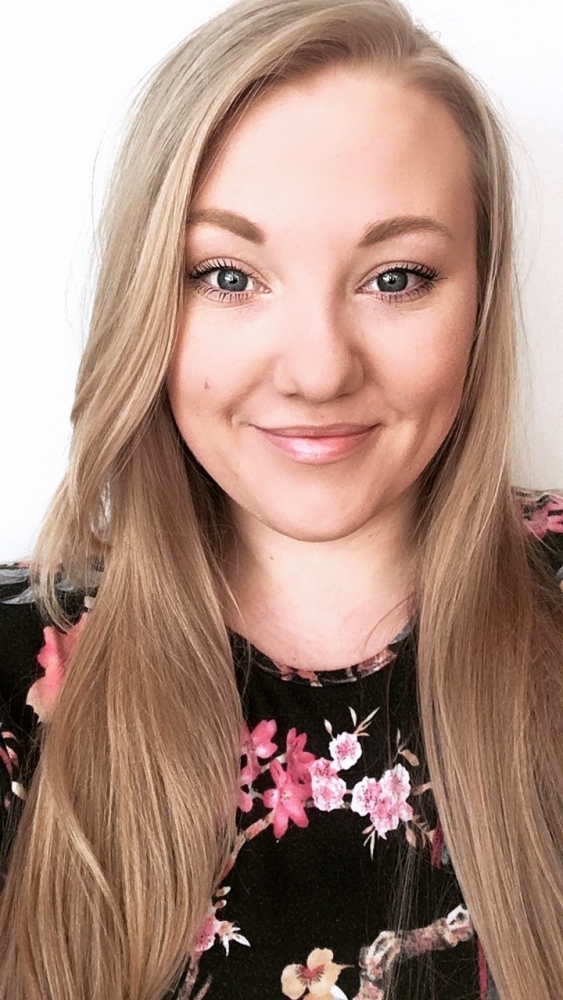An effortless and comprehensive approach to burden of illness reviews
Blog - PRO Tools in Prostate Cancer: An Evidence Map
Published: 02-10-2018
Using the specialised search filters in the heoro.com database, and importing the results into a custom Evidence Map, we identified studies on the different patient-reported outcome instruments used in studies of patients with prostate cancer.
We ran the search from 1960 to January 2018 and analysed the abstracts identified by the search to determine the range of study types, geographical locations, disease types, interventions and study methodologies.
Using an Evidence Map to present the findings, we were able to easily explore the results. Examples are shown below, and to download a free copy of the map click here. To use the Map, open it in Excel and enable macros.
We found a total of 763 abstracts that reported the use of 170 different PRO instruments in prostate cancer. Of these, 19 instruments were specific for prostate cancer, the remaining 151 measured complications (35), symptoms (22), treatment (18), comorbidities (13), utility (12), social impact (2), patient knowledge (2), carer burden (2), costs (1) or were nonspecific (44). The main interventions assessed were surgery (244 abstracts) and radiotherapy (215).

The most frequently used tool was the SF-36 in 118 abstracts, followed by the EORTC QLQ-C30 (101), UCLA-PCI (91), and EPIC (86). (A selection of the PRO tools included can be seen below).

Studies generally recruited patients (734) with local (228) or metastatic (100) prostate cancer, but 316 abstracts did not specify a disease stage, but some studies focused on the general population (32), healthcare professionals (16) or caregivers (10).

The most used study methodology were observational trials (423 abstracts) or clinical trials (188) and the USA was the most frequent location for the studies, with 335 abstracts, followed by the UK (74) then Canada (59).

You can download a free copy of the Evidence Map here.
Written and created by Alexandra Furber
Researcher at Crystallise
